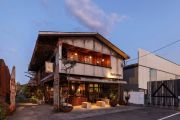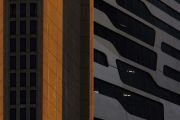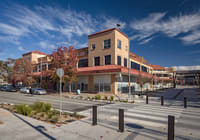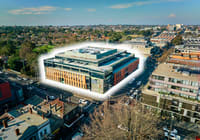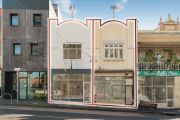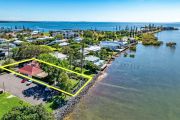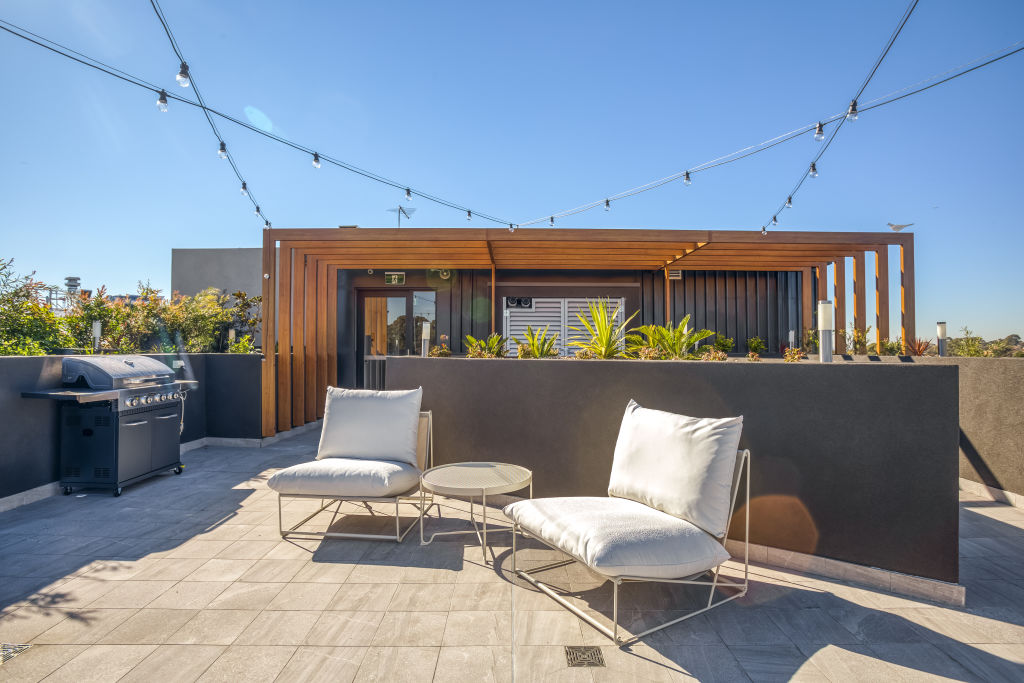
'Parramatta is a place we need to be': coliving moves to Sydney's west
Singapore-based coliving operator Hmlet has expanded to Sydney’s western suburbs as it attempts to tap into the region’s expanding professional workforce and pitch the concept as a solution to Sydney’s rental affordability crisis.
The move is the result of a partnership between Hmlet and Sydney-based developer Revelop, which saw Hmlet add a recently-built boarding house at 16 Rees Street in Mays Hill – which was developed by Revelop – to its local portfolio. The company says Hmlet Mays Hill is the first coliving property in western Sydney.
The deal also sees an additional three properties in Harris Park, Petersham and Balgowlah, added to its future development pipeline – a boost of 110 beds in total (including Mays Hill).
The partnership, the value of which remains confidential, was brokered by JLL’s NSW director, sales & investments Dylan McEvoy, and his colleague Thomas Madigan, JLL’s associate alternative investments Australia. It follows Hmlets takeover of Caper Coliving earlier this year.
“The partnership JLL facilitated between Revelop and Hmlet will assist in Hmlet’s expansion in Australia and its goal to redefine housing particularly for young people, whose views on where they choose to live are changing,” Mr McEvoy said.
A representative for Hmlet confirmed that the company currently did not acquire or invest in the underlying real estate at its properties, instead partnering with developers and capital partners to “activate coliving assets”.
“Having Hmlet as an operator is appealing for landlords because it minimises vacancy risk and reduces operational costs while also improving the property value,” explained Mr Madigan.
The Mays Hill property – which is about two kilometres from the centre of Parramatta and operates as Hmlet Mays Hill – opened in early August, with the nearby Hmlet Harris Park set to open its doors in late 2020.
Hmlet’s arrival in Sydney’s west marks a significant departure from the coliving operator’s current base in trendy inner-city suburbs such as Marrickville, Newtown, Paddington and Alexandria, but Australian managing director Chrystan Paul said it was strategically important for the company to have a presence in the rapidly expanding employment hub of Parramatta.
“You cannot ignore the fact that Parramatta is a place we need to be within the next 10 years,” Mr Paul said.
He said that the coliving sector as a whole was working to broaden its appeal.
“That’s a challenge that we have in terms of the optics,” he said, adding, “We don’t always want to be in Newtown and Marrickville.”
Asked how he plans to entice image-conscious Millennials – one of its core target markets – to consider moving away from the inner city, Mr Paul said affordability would play a key part.
“Of course location is really important for our members but we want to show them [they can] be location agnostic [when considering where to live] and that plays into the affordability measure,” he said.
“We’ve been able to make these sites quite affordable and have a good value proposition.”
The cheapest room in Hmlet Mays Hill, which features 31 rooms over four levels and a communal rooftop, starts at $330 a week. A “full apartment” costs $525.
Prices for the company’s western suburbs “flagship” property in Harris Park, which will feature 41 en suite studios, a communal kitchen, rooftop terrace and two ground-floor food and beverage outlets, are yet to be confirmed.
But the growing number of big companies relocating to Parramatta also means that Hmlet will focus on convenience as well as price, targeting white-collar workers who are fed up with long commutes.
“They’ve typically lived within the eastern suburbs and the inner west and they are now having to commute to Parramatta and we’re trying to convince them that they can live and work in Parramatta,” he said.
Tenants for the Mays Hill and Harris Park projects are expected to be drawn from a mixture of government and private-sector employees from nearby Parramatta.
“We spoke to the stakeholders in the Parramatta Square project and we got an insight into who is moving into that precinct. Obviously a lot are government tenants, but there are also a lot of blue-chip firms that are moving in – including the big four auditing firms,” he said.
News of the partnership comes as coliving shows signs of entering the mainstream in the Sydney market, with developer Crown Group announcing that it is set to devote one of the low-rise buildings in its 374-apartment Mastery by Crown project in Waterloo totally to coliving.
Educating the community
Along with attracting tenants, Hmlet also has the challenge of ensuring that the local community is onside. So far that hasn’t been a problem for the company, according to Mr Paul.
“And the simple reason is we are actually very engaged with the community, we let them know what we’re doing. The last thing we want to do is launch a building and put our logos up and nobody knows what we’re doing. A lot of people understand that what we’re doing is a new way of living.”
One of the more common obstacles the company finds itself combating is distinguishing the coliving sector from the short-term accommodation industry.
“Our minimum stay is three months but our average stay is 13 months,” Mr Paul said.
“We actually have open days so people could come in and see what it’s about. We want to hit assumptions on the head straight away and say we’re not doing short stay, we’re not Airbnb. We’re very careful of that and we are a community business.”
